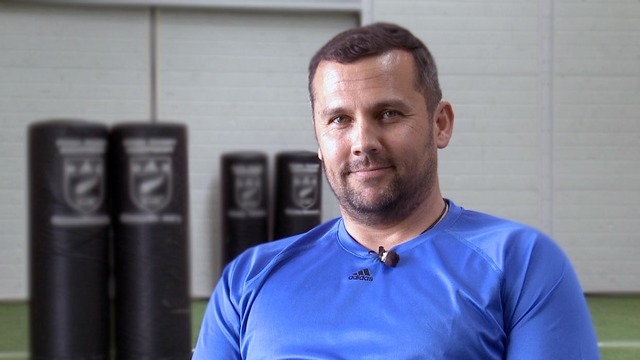Are ‘foracks’ the future?
The annual battle for Six Nations supremacy is often accompanied by a verbal grenade or two seemingly devised to unsettle rivals or hog the headlines and this year has been no different.
As so often is the case, England boss Eddie Jones ensured he was at the centre of proceedings with an intriguing sound bite that may carry a little more weight than it would first appear.
The wily coach insists that England and Exeter Chiefs star Jack Nowell, who has played and excelled at wing, full back and centre throughout a 31-Test international career that has also included British & Irish Lions honours, could be used as a forward.
According to Jones, the 25-year-old is the perfect example of ‘the new breed’ that will spearhead the development of the game and the next generation of player.
“He is definitely an option at No.7,” Jones told reporters ahead of his side’s latst tilt at the northern hemisphere crown that kicks off against much-fancied Ireland in Dublin on February 2.
“He is going to be the new breed of player," he went on to explain. “He has great ball-carrying, great tackling skill. He puts his head over the ball, he’s a tough little bloke. He’s a great option. He can play wing, 13, 15, seven for us.”
Perhaps sensing some disbelief among the media representatives around him, Jones detailed how this approach was nothing new having employed nine forwards himself during his time in charge of Japan.
For a World Cup warm-up game against Georgia in 2015 he selected back-rower Hendrik Tui on the wing to ensure a suitably bulky running option off No.9 to test their traditionally physical foes.
“There are great opportunities in the game to change it," he enthused. “There is no reason why you can’t play nine forwards….when Japan played Georgia we played nine forwards. No one knew. It’s like in football, 4-4-2. Everyone used to play that.”
“Then it became 5-3-2-1 or whatever it was [5-3-2], so there is no reason in rugby why there might not be changes in formations. I’m serious that there are opportunities to change the game because it has become so orthodox. Be really good at the core things but look at opportunities where you can change it.”
Jones also made a point to credit a fellow Australian, free-thinking coach and Rugby World Cup winner.
“The game has changed. The game used to be 80 minutes, now it is 100 minutes. The next change is you will have players who can play backs and forwards. Do you remember Rod Macqueen? He used to talk about it. It is going to happen.”
Australians clearly don’t have a monopoly on such a way of thinking and playing.
New Zealand, perhaps inspired by the Wallabies’ dominance under Macqueen’s guidance, have long adhered to a multi-dimensional approach to the game that utilises players equally adept at the physical and skill-based elements of the game.
The number on the back of the All Blacks’ jerseys is certainly not seen as a barrier to what they can do and what they are expected to do in the quest for ‘total rugby’.
Any All Blacks game in recent memory will serve up countless examples of backs quite literally muscling in on traditionally forwards’ territory and ‘low numbers’ showcasing handling, running lines and pace that any ‘high number’ would be proud of.
Macqueen has previously urged the prioritisation of what he has termed ‘foracks’, a combination of forwards and backs, as key to anyone toppling New Zealand as the sport’s dominant force.
“You need to have all the skills,” he was quoted as saying back in 2016 as he contemplated Australia’s Bledisloe Cup drought that now stretches back 16 years.
“We need our forwards to have the skill to offload to the backs and know the running lines and we need the backs to be able to come in and clean out and be as ruthless at the breakdown as backrowers are."
“To me, the modern game is about foracks and it is something that as a nation we really do need to produce."
“We need to adjust to the way the game is going. Multi-skills are just so important now.”
For some, especially those guiding the careers of younger players, instilling this varied skill set has always been the guiding principle before size and specialisation begins to cloud that vision.
However, it may well be that the importance of such multi-skilled players becomes even more evident at every level as the sport continues to address the concerns over the physical demands that threaten the very future of the game.
No one really expects to see the hugely-talented Nowell packing down against what is a formidable Irish scrum at the Aviva Stadium given the magnitude of the game and his lack of experience of the technical demands of that role and England’s other options.
Nowell himself has joked on social media that it would be ‘a dream come true’ although you sense that he would look more at home than Italy’s Mauro Bergamasco who memorably swapped his usual flanker role for scrum-half against England back in 2009.
But in teasing the possibility, Jones has once again succeeded in deflecting attention away from his side’s preparations and left his rivals scratching their heads.
There is also a certain amount of truth in what many may perceive as madness and Jones has perhaps just offered an insight into the future of the game.

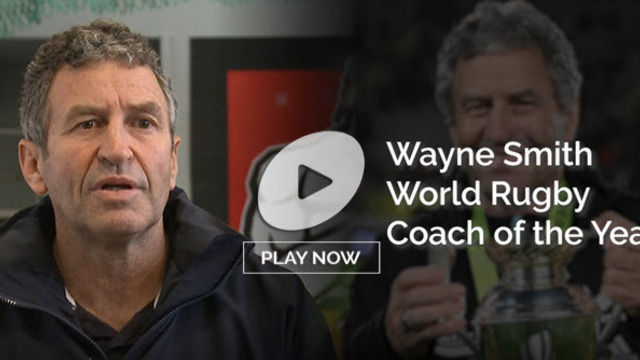
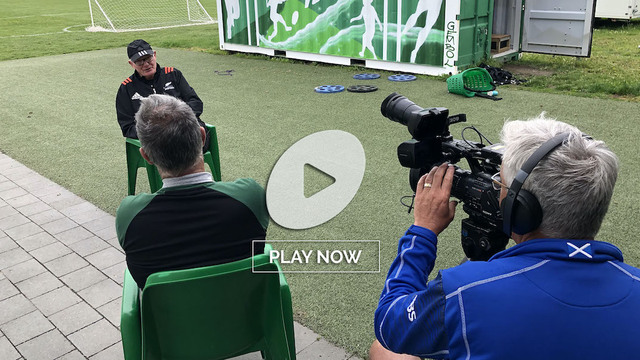

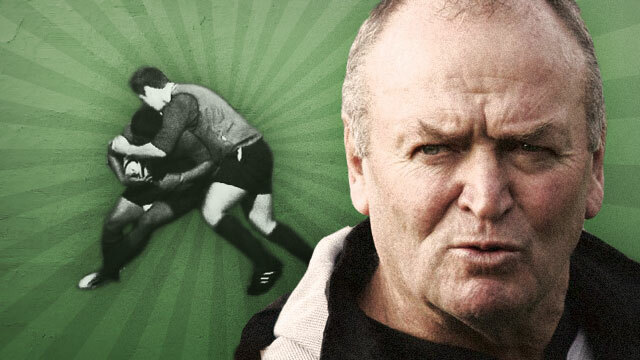
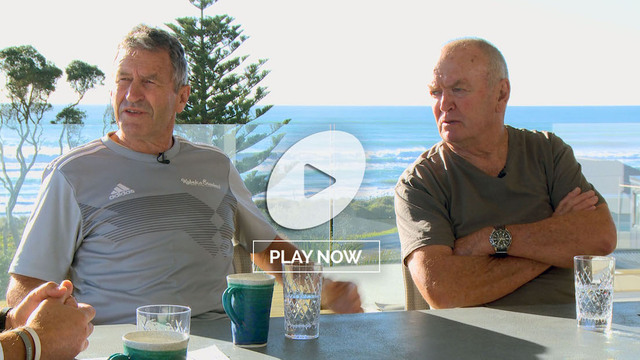
.jpg)
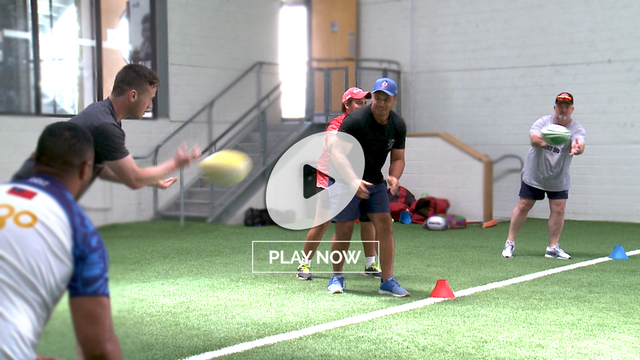
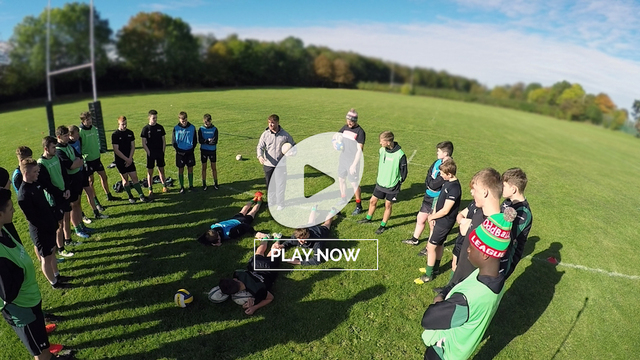
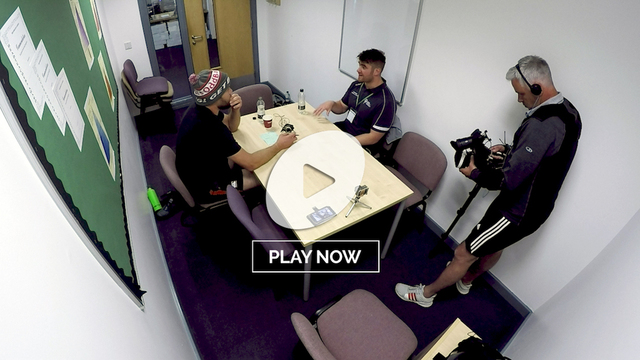
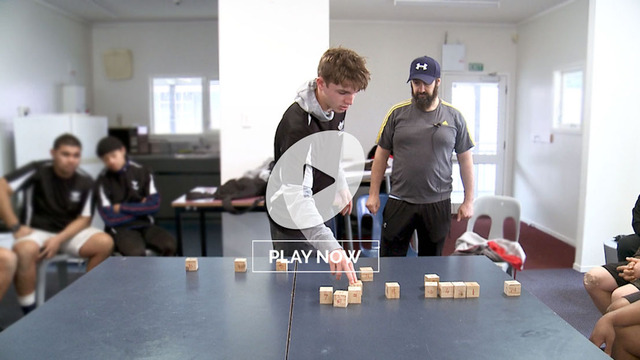
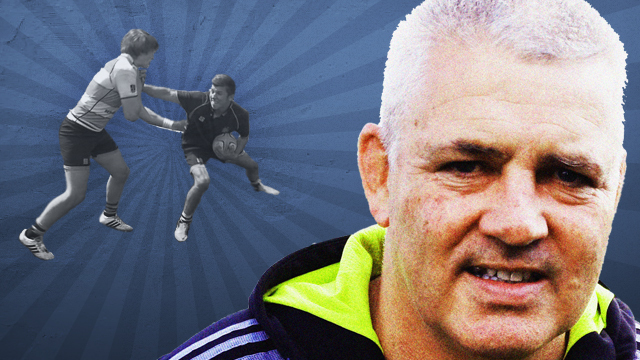
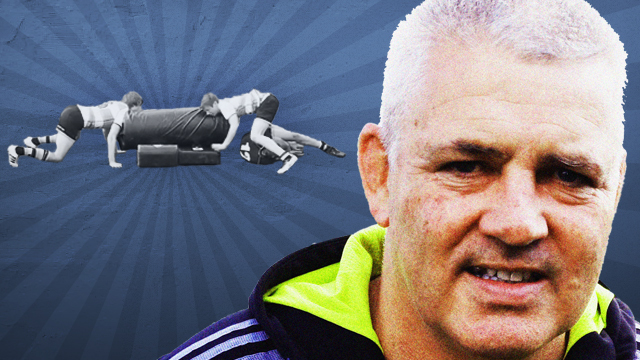
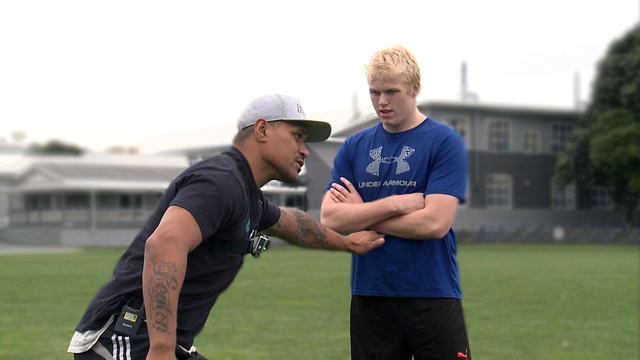

.jpg)



